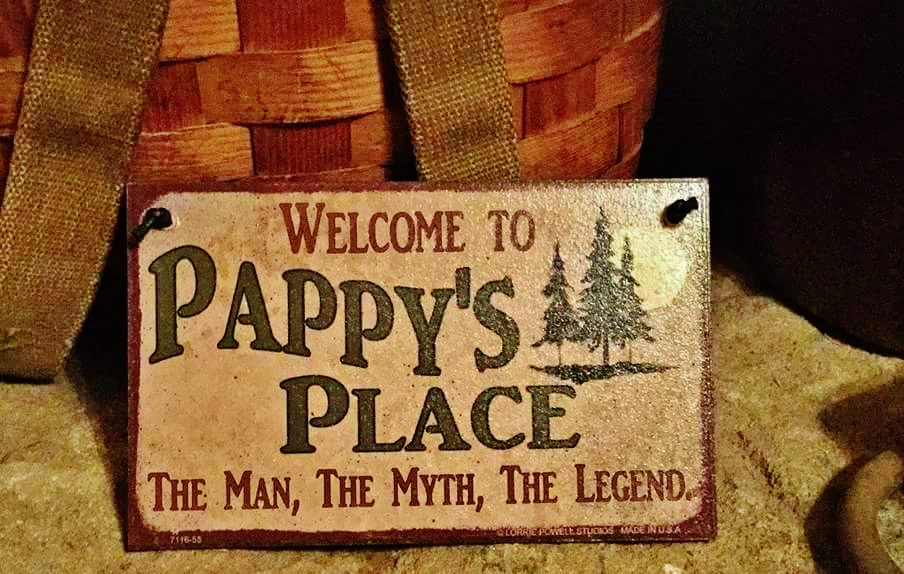I will thank him in advance for his hard work and love for our great nation. The Beginning:
In 1835, a Frenchman named Alexis de Tocqueville
published the first of a two volume study of "Democracy in
America." He was an ardent
supporter of democracy but feared democratic excesses. He presented his study of the democratic
experiment in America as a detached social scientist.
Tocqueville was of noble French background, and was therefore
not an enormous fan of one of the key elements in American society,
individualism. However, after observing
it at work in the U. S., his opinion was altered. As one author explains it when summing up Tocqueville's
thoughts on individualism, " When
individualism was a positive force and prompted people to work together for
common purposes, and seen as self-interest properly understood, then it helped
to counterbalance the danger of the tyranny of the majority, since people could
take control over their own lives without government aid."
The author goes on to say, "de Tocqueville warned that modern
democracy may be adept at inventing new forms of tyranny, because radical
equality could lead to the materialism of an expanding bourgeoisie and to the
selfishness of individualism. In such conditions we lose interest in the
future of our descendents...and meekly allow ourselves to be led in ignorance
by a despotic force all the more powerful because it does not resemble one.
Tocqueville worried that if despotism were to take root in a modern democracy,
it would be a much more dangerous version than the oppression under the Roman
emperors or tyrants of the past who could only exert a pernicious influence on
a small group of people at a time. In contrast, a despotism under a
democracy could see a multitude of men, uniformly alike, equal, constantly circling
for petty pleasures, unaware of fellow citizens, and subject to the will of a
powerful state which exerted an "immense protective power".
Tocqueville
compared a potentially despotic democratic government to a protective parent
who wants to keep its citizens (children) as perpetual children, and which
doesn't break men's wills but rather guides it, and presides over people in the
same way as a shepherd looking after a flock of timid animals.
The man also had a specific, and now
timely, warning for us:
“Not
until I went to the churches of America and heard her pulpits aflame with
righteousness did I understand the secret of her genius and power. America is
great because she is good, and if America ever ceases to be good, America will
cease to be great.”
References left off for brevity.
"The most perfidious (deceitful and untrustworthy) way of harming a cause consists of defending it deliberately with faulty arguments."
-- Friedrich Nietzsche
-- Friedrich Nietzsche


No comments:
Post a Comment
I encourage your comments. Keep the language civil and you will be published.